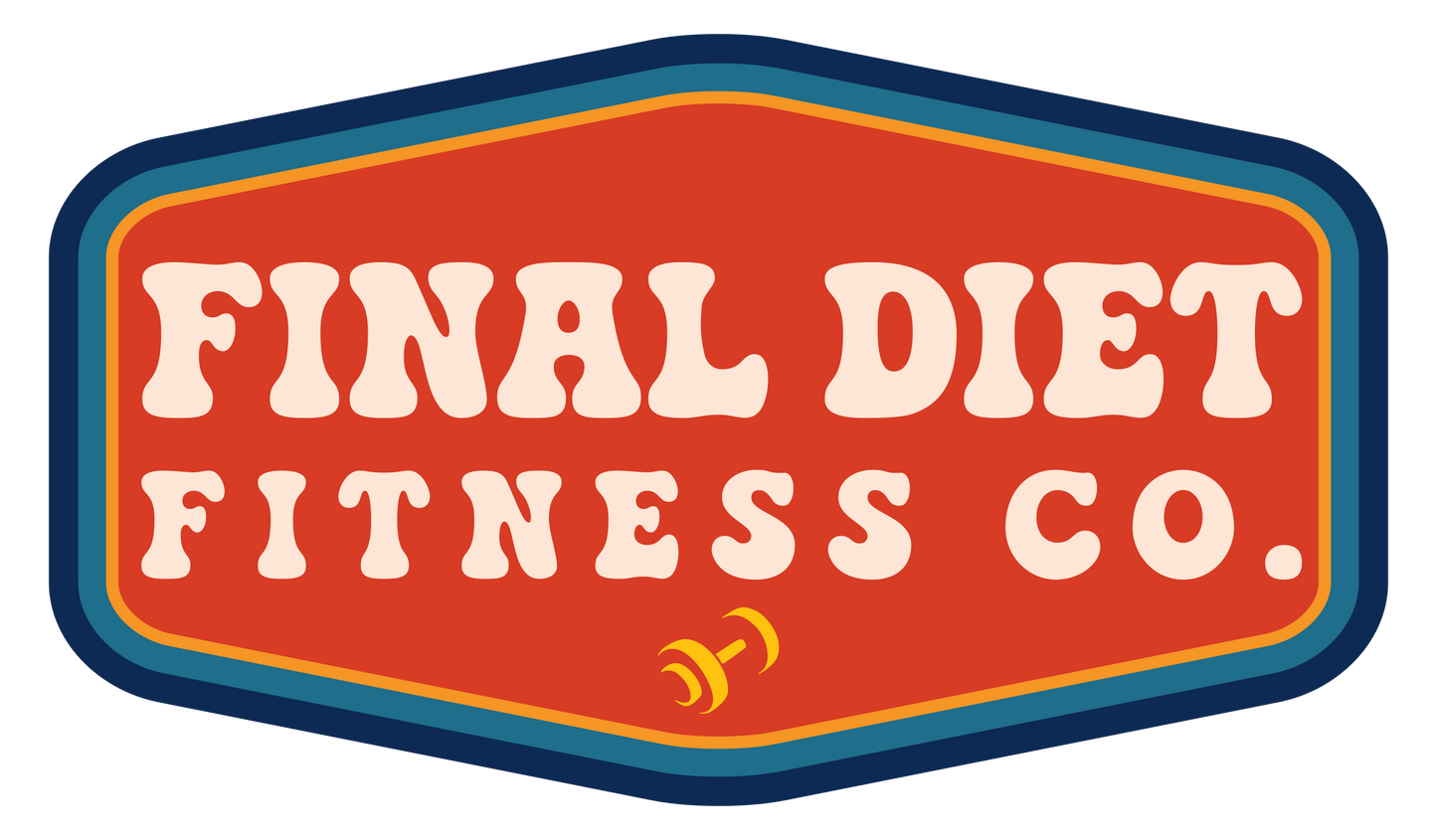
Most people fail in their fitness journey not because they can’t follow a plan—but because they expect perfection from themselves. One off day turns into a bad week. A missed workout turns into quitting altogether.
But perfection is impossible—and unnecessary. If you focus on progress instead of perfection, you’ll finally make the kind of change that lasts.
1. The Perfection Trap
Perfectionism creates pressure. Pressure leads to frustration. Frustration leads to giving up.
When you believe every meal, workout, and habit must be flawless, you set yourself up for failure.
Progress is rarely linear—it’s messy, uneven, and full of learning curves.
Instead of asking, “Was I perfect today?” ask, “Did I move forward today?” That shift changes everything.
2. Small Steps Create Big Results
Big goals are exciting, but small steps are what make them real.
Every choice compounds—like interest in a bank account.
- One workout doesn’t change your body, but 100 do.
- One healthy meal doesn’t transform your nutrition, but 500 do.
- One good night of sleep doesn’t fix fatigue, but consistency does.
Progress adds up quietly, long before you notice it visually. Stay patient—the work is working.
3. Learn from Imperfection
Every “mistake” is feedback.
Instead of beating yourself up, use it as data:
- Why did I skip the workout?
- What triggered that late-night craving?
- How can I set myself up better next time?
Success isn’t avoiding failure—it’s learning faster than most people quit.
When you reflect instead of react, every setback becomes progress disguised as a lesson.
4. Consistency Beats Intensity
Anyone can go all-in for a few weeks. Few people can stay consistent for a few years.
Intensity feels exciting, but consistency is what delivers results. Focus on showing up daily, even when it’s not perfect. The days you put in “just enough effort” matter far more than the rare perfect ones.
5. The Freedom of Letting Go of Perfect
Perfectionism feels like control, but it’s actually self-sabotage. When you drop the pressure to be flawless, you gain freedom—the freedom to grow, adapt, and improve over time.
You don’t have to earn your progress by suffering for it. You just have to keep showing up, doing the next right thing, one step at a time.
Key Takeaways
- Perfection isn’t possible—and it isn’t required for results.
- Focus on progress over perfection to build consistency.
- Learn from slip-ups instead of restarting from zero.
- The goal isn’t to be perfect—it’s to be persistent.
